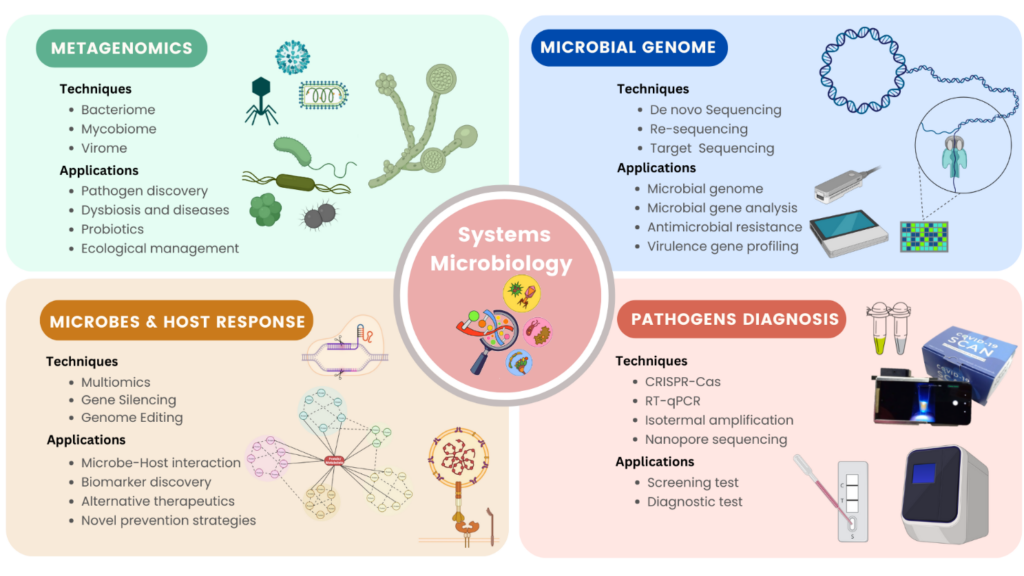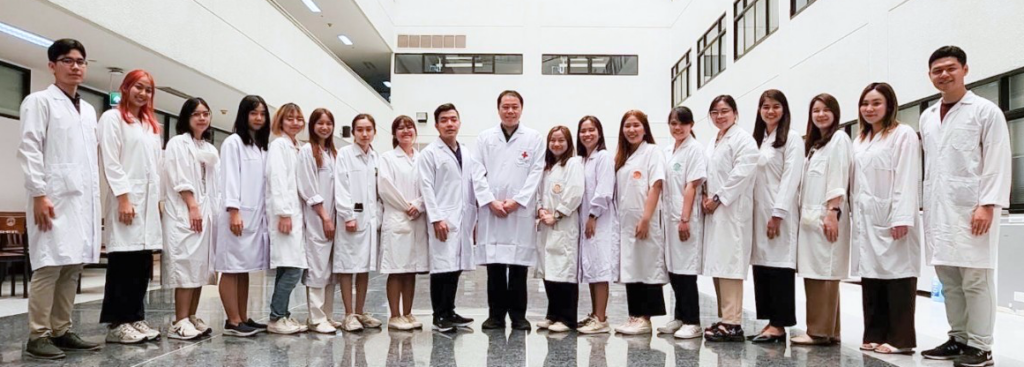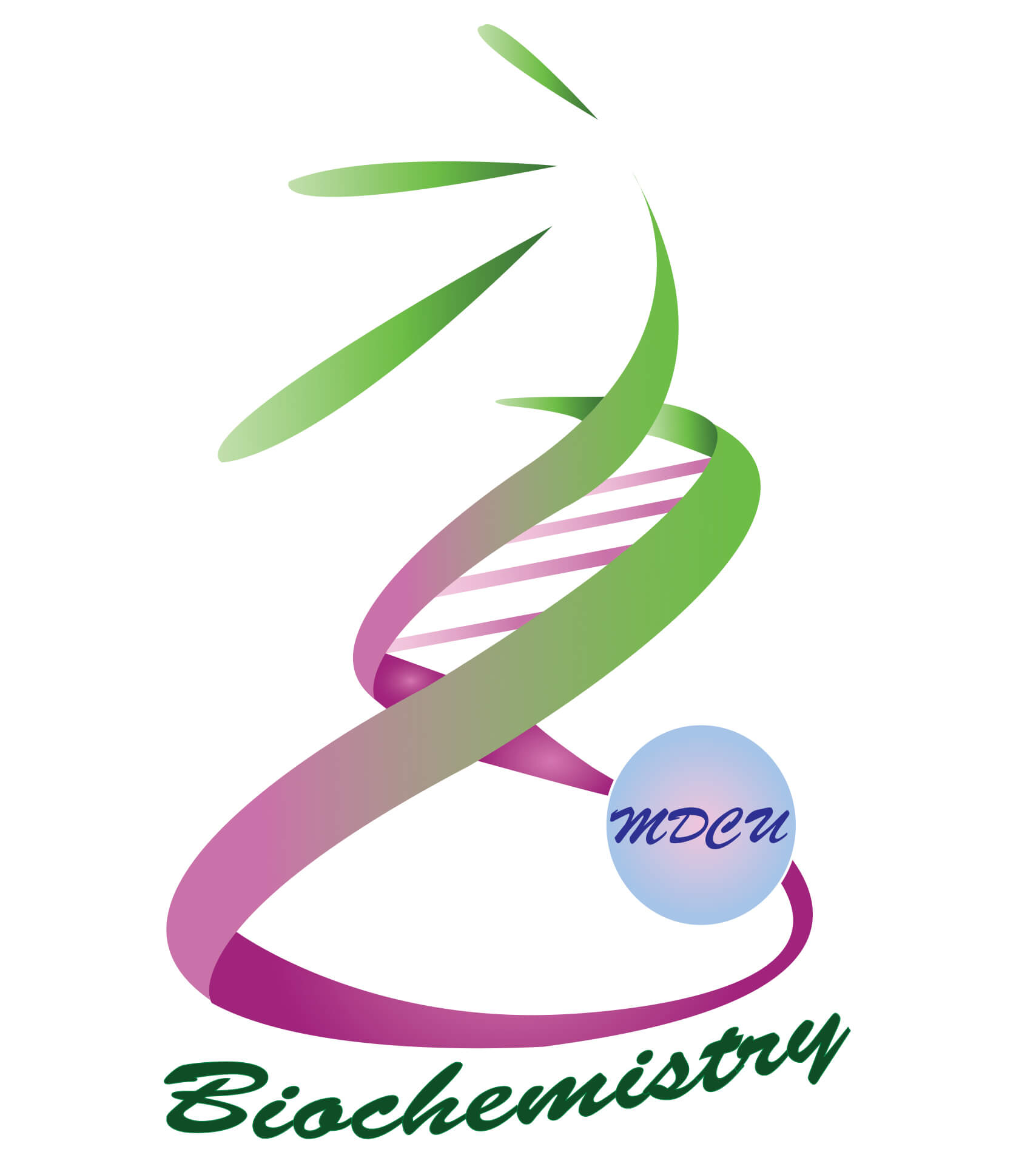Metabolic Disease in Gastrointestinal and Urinary System Research Unit
The Research Unit founded by Assoc.Prof.Dr.Thasinas Dissyaabutra, M.D., Ph.D., aimed to investigate the pathogenesis, biomarker, prevention, as well as the correlation in gut microbiota, liver and kidney diseases.
Research Unit of Hepatitis and Liver Cancer
Research Unit of Hepatitis and Liver Cancer was founded by Prof. Dr. Pisit Tangkijvanich in 2012. This RU aims to study on liver diseases in both genetic and clinical aspects. Also, findings of molecular markers associated with liver diseases is of particular interest.
Center of Excellence in Osteoarthritis and Musculoskeleton
Center of Excellence in Osteoarthritis and Musculoskeleton was inaugurated from Osteoarthritis and Musculoskeleton Research Unit in 2018 by Prof. Dr.Sittisak Honsawek. Our research highlights a wide range of mesenchymal stem cells, tissue engineering, gene expression, and epigenetic studies that could be applied as prognostic biomarkers and therapeutic targets for musculoskeletal conditions. The center aims to conduct research to uncover biochemical, cellular, and molecular mechanisms underlying degenerative joint disorders. The goal is to provide a better understanding of pathogenesis and progression in osteoarthritis and related musculoskeletal diseases, resulting in improving health outcomes for the patients.
Center of Excellence in Systems Microbiology (CESM)
Room 716/1 (7th Floor) Pattayapat Building
Department of Biochemistry, Faculty of Medicine, Chulalongkorn University
PI: Associate Prof. Sunchai Payungporn, Ph.D.
Mobile: 089-108-3179 E-mail: sp.medbiochemcu@gmail.com
Main objectives
1. Holistic study and analysis of infectious microbes (bacteria, fungi and viruses) to gain novel fundamental knowledge and advanced research based on systems microbiology approaches.
2. Contribute biomedical research publications with international standards.
3. Research and development of creative medical innovations for diagnosis, prevention and treatment of infectious diseases in human and animals.
CESM consisted of 4 branches including:
1. Metagenomics: focus on the classification of microbes based on targeted or shotgun high-throughput DNA sequencing to measure microbial diversity and relative abundance of each microbe in samples obtained from human, animals and environments.3. Research and development of creative medical innovations for diagnosis, prevention and treatment of infectious diseases in human and animals.
2. Microbial Genome: aim for genome assembly and gene annotation of various microbes based on next-generation sequencing to reveal the crucial genes related to microbial characteristics including infectivity, virulence, drugs resistance, replication rate and immune escape etc.
3. Microbes & Host Response: seek out the molecular interactions between microbes and host cells based on multi-omics analysis (transcriptomics, proteomics, and metabolomics) for better understanding of the pathogenesis and cellular response against infectious diseases leading to the novel strategy for prevention and treatment.
4. Pathogen Diagnosis: apply the advanced techniques in molecular biology to develop and innovate rapid, sensitive, specific, accurate and cost-effective point-of-care detection kits for pandemic or epidemic pathogens.



